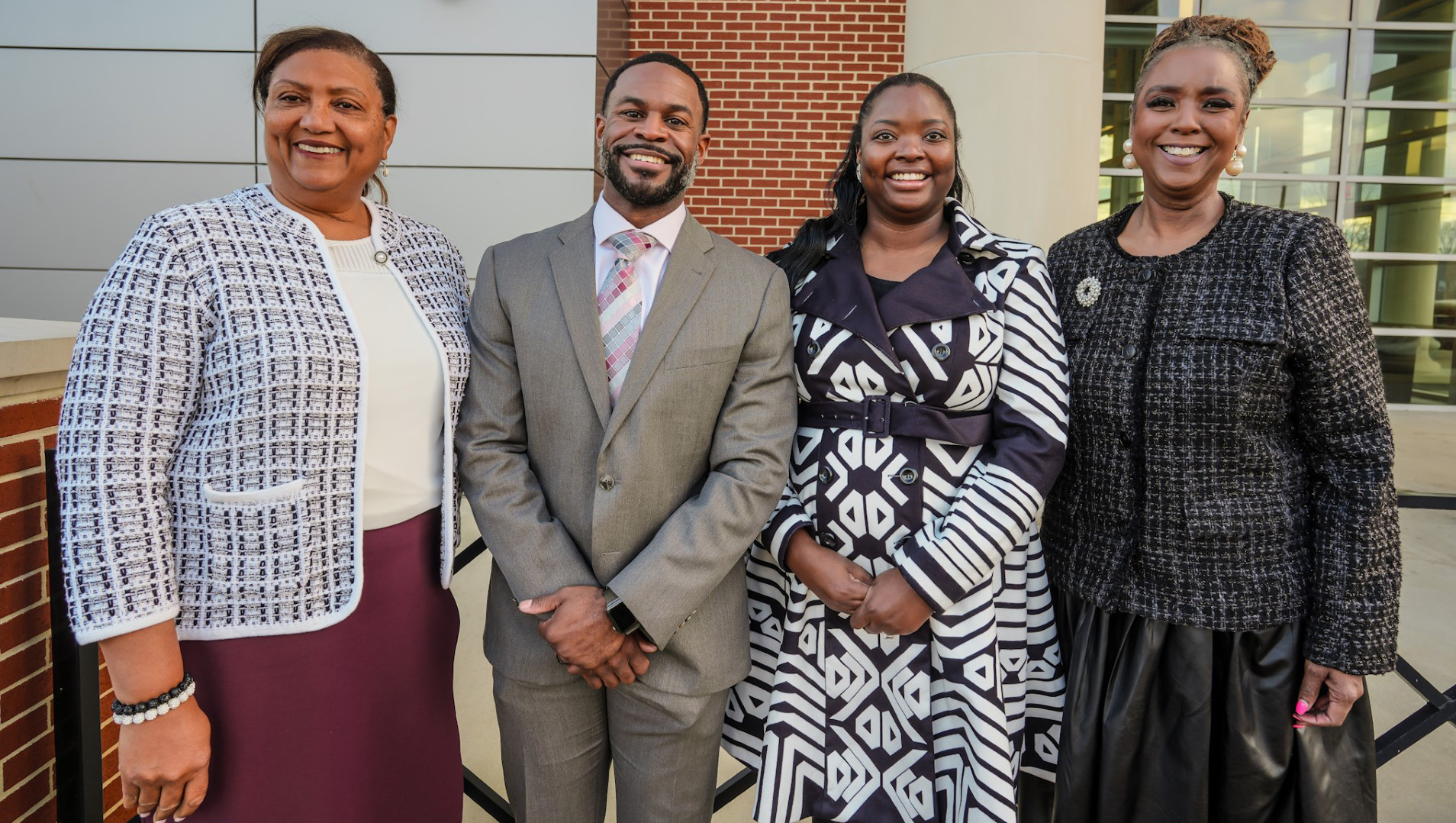HBCUs Will Help MSU Implement Culturally Responsive Learning

AAMU Partners with Michigan State to Bring New Teaching Approach to Rural South
Education researchers at Alabama A&M University have partnered with researchers at Michigan State University (MSU) to improve science learning in the rural South. The partnership, which also includes Winston-Salem State University, will work to help schools in the South adopt MSU’s evidence-based high school chemistry and physics curriculum, Crafting Engaging Science Environments (CESE). CESE is more culturally responsive for students because it draws from student’s lives and cultural resources to get them interested in STEM and careers in science.
“We will be responsible for recruiting schools to participate during the implementation phase of the CESE curriculum,” says Dr. Samantha Strachan, AAMU Associate Professor and Program Coordinator for Secondary Education. “In addition, AAMU will provide professional learning experiences for science teachers in Alabama and ensure the curriculum is responsive to the needs of the children of Alabama.”
The U.S. Department of Education’s Office of Elementary and Secondary Education is funding the project. Michigan State University received a $7.7 million dollar Education and Innovation Research (EIR) Award. Alabama A&M University is a sub-awardee and will receive $200,000 to aid in science education efforts.
“Science teaching and learning is a crucial part of preparing the next generation of adult citizens to be functional in their families, communities, region and in the global landscape,” says Dr. Lena Walton, Associate Professor of Elementary Education. “This collaborative project-based initiative will enhance the teaching of science so students will be able to experience its relevance and applicability even in their lives as non-scientists.”
AAMU researchers include Strachan, who will serve as the AAMU Principal Investigator. Walton and Dr. Randy Barbour, Assistant Professor of Psychology, will serve as Co-Principal Investigators. Dr. Tonya Perry, Associate Dean in the College of Education, Humanities, and Behavioral Sciences, and Chair of the Department of Social Work, will serve as an adviser. Barbara Schneider, MSU Distinguished Chair and Professor, serves as Principal Investigator of the grant at Michigan State University.
“Together, we will adapt a transformative curriculum that bridges gaps, reduces disparities, and unlocks the doors of opportunity for every student, especially those in the rural South,” says Barbour. “Through collaboration, we empower the next generation of scientists, ensuring that excellence and future success knows no geographical boundaries.”
The CESE curriculum is designed to provide students with hands-on learning experiences that challenge how they think about and solve problems in science. The goal is to improve student learning experiences and performance in science classrooms. The project runs from January 2024 to December 2028.
“This partnership represents a step forward for science education research at Alabama
A&M University and a step forward for the children of Alabama, particularly those
who reside in rural areas,” says Strachan. “Our University will be centrally involved
in employing an innovative approach that can potentially transform how teachers teach
science and how students learn science.”
More: https://msutoday.msu.edu/news/2024/msu-takes-new-science-teaching-approach-to-the-rural-south